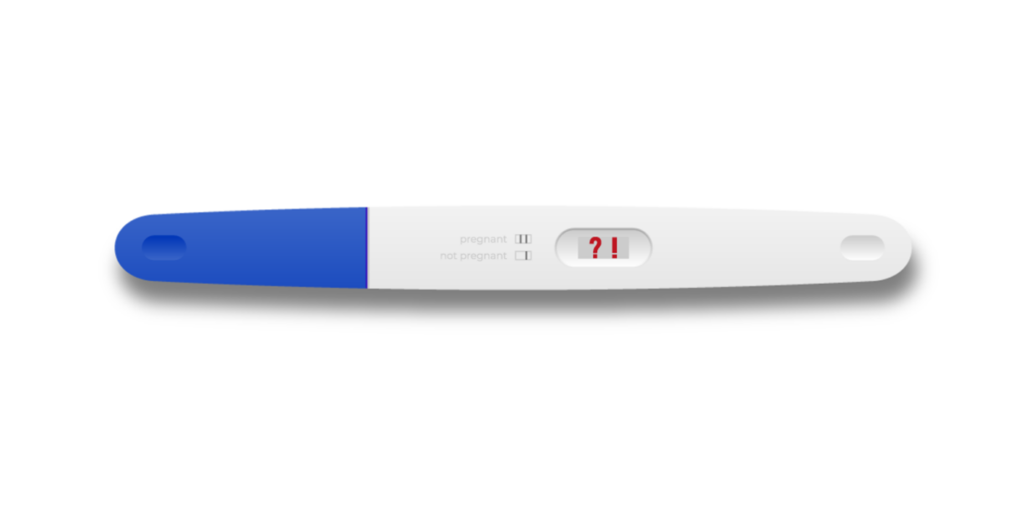
There’s nothing worse than the expectant stare of a friend or relative who keeps asking “When are you going to have children?” to a couple that is struggling to conceive.
Embarrassed to ask and lacking information, you may wonder if you should be worried or just need more time. So let’s look at the key questions to ask yourself to see if you need a doctor or are just panicking!
How long have you been trying?
Infertility is defined medically as failure to get pregnant after 12 months or more of regular unprotected sex (or 6 months or more in women over 35). If you’ve been trying for just a few months, give yourself a break! Though it may seem like a century (especially with the social pressure!) it does take time. If it’s been over a year (or more than 6 months if you are over 35), you should visit one of our health professionals for advice.
When are you having sex?
Many people have sex at the wrong time of the month for getting pregnant! If you have a regular menstrual cycle (between 21-35 days), you should have unprotected sex every second day between the 10th and 18th day of your cycle for the best chance of conception. If you’re really ambitious, you can learn how your cervical mucus changes just before conception to help you identify the best time for sex.
If your cycle is longer or shorter than the standard length, visit our health providers to investigate potential factors that could be affecting your fertility.
How healthy is your lifestyle?
Smoking, alcohol and drug use can impact on your fertility. So if you wanted an excuse to kick a bad habit, this is a great one.
Weight also affects fertility, whether you’re obese or underweight. A normal body mass index (BMI) is between 18.5-25. If you’re over or under that, think about lifestyle changes such as improved diet or exercise to help get your weight to a more normal level. If you’re not sure where you stand, there are lots of simple BMI calculators online.
Have you checked for infection?
Untreated infections are one of the biggest preventable causes of infertility. If you’re experiencing any symptoms like vaginal discharge, lower abdominal pain, genital sores, abnormal bleeding or pain during sex, see one of our medical professionals right away to get it checked out. However, many infections may not present with symptoms, so if you’ve had unprotected sex and have never been tested, now would be a good time for you and your partner!
How old are you?
Your chance of getting pregnant does decrease as you get older, from 86% likelihood within 12 months for a 20-24 year old to 52% for a 35-39 year old. So if you’re a bit older, it may take you a bit longer and a bit more effort. However, as many other health conditions and risks increase with age, it’s worth you and your partner visiting our health providers for a check-up.
Something off with your monthly period?
There may be tell-tale signs of other health conditions that impact fertility, such as very heavy or painful periods, or short or absent periods. If you’re experiencing any of these, visit one or our health providers to investigate potential causes.
———
There are many factors that may impact fertility for both men and women, but these may help you spot some of the most common issues. Remember that half of infertility factors are linked to the man, so don’t put all of the burden on yourself – deal with this as a couple.
If you need more support or personalise advice, visit one of our providers for a fertility consultation, call us on 70113283.
Otherwise, don’t panic! Stress is never good for your body, so tell the nosy relatives to give you space, take your time and enjoy the efforts!





